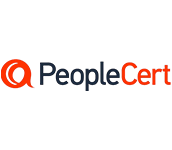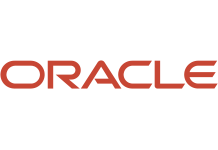- 087 941 5764
- impactful@lrmg.co.za

Participants will learn how to effectively measure and manage performance using Key Performance Indicators (KPIs) and Objectives and Key Results (OKRs).
This workshop will empower them to align goals, track progress, and drive success in their organisations.
By the end of this course, you will be able to:
Need additional information?
We are here to support your growth every step of the way
Get in touch
Participants will learn how to effectively measure and manage performance using Key Performance Indicators (KPIs) and Objectives and Key Results (OKRs).
This workshop will empower them to align goals, track progress, and drive success in their organisations.
By the end of this course, you will be able to:
Certified global best practices in the new technologies…




Please complete the form with your information and one of our experts will get back to you soon.

Get in touch
Email: impactful@lrmg.co.za
Tel: +27 87 941 5764